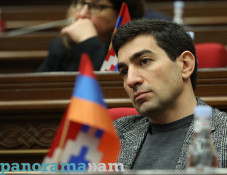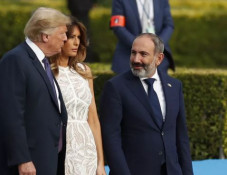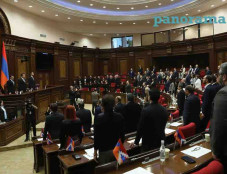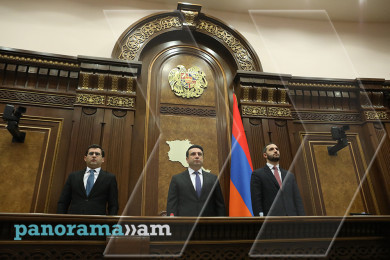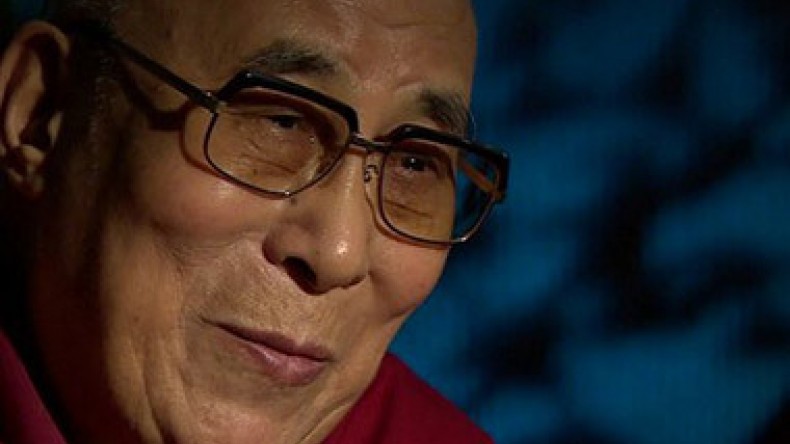
Dalai Lama concedes he may be the last
Exiled Tibetan spiritual leader the Dalai Lama has said he realises that he may be the last to hold the title.
But he told the BBC it would be better that the centuries-old tradition ceased "at the time of a popular Dalai Lama."
The Dalai Lama suggested the UK had taken a soft line with China over Hong Kong's recent student-led pro-democracy protests for financial reasons.
He also said the international community needed to do more to encourage democracy in China.
"China very much wants to join the mainstream world economy," he said.
"They should be welcome, but at the same time the free world has a moral responsibility to bring China into mainstream democracy - for China's own interests."
The Dalai Lama fled to India in 1959 after Chinese troops crushed an attempted uprising in Tibet.
Beijing views the Nobel Peace Prize-winner as a "splittist," though he now advocates a "middle way" with China, seeking autonomy but not independence for Tibet.
In a wide-ranging interview with the BBC's Newsnight programme, the 79-year-old spiritual leader conceded that he may not have a successor.
Whether another Dalai Lama came after him would depend on the circumstances after his death and was "up to the Tibetan people", he said.
He pointed out that the role no longer included political responsibilities; in 2011 the Dalai Lama handed these to an elected leader of the Tibetan government in exile, Lobsang Sangay.
Newsfeed
Videos





